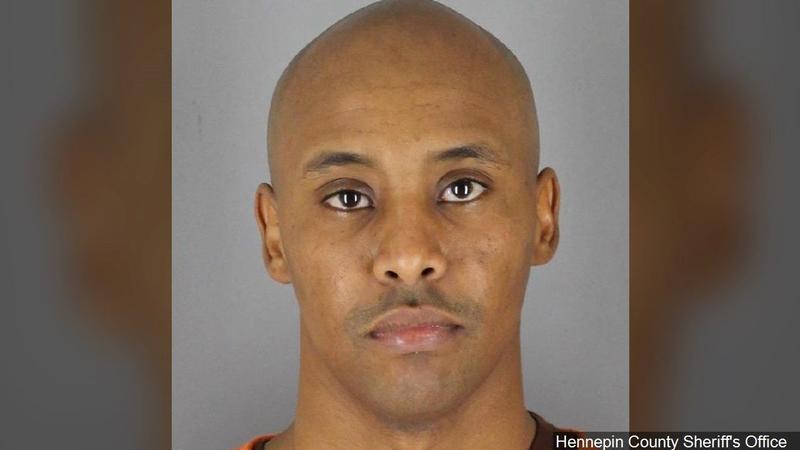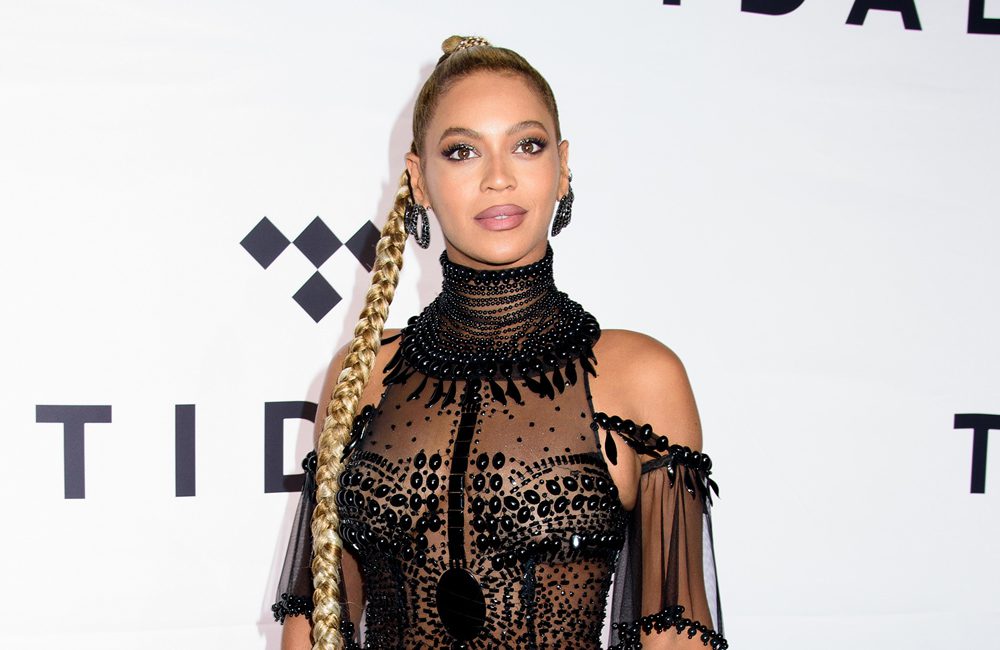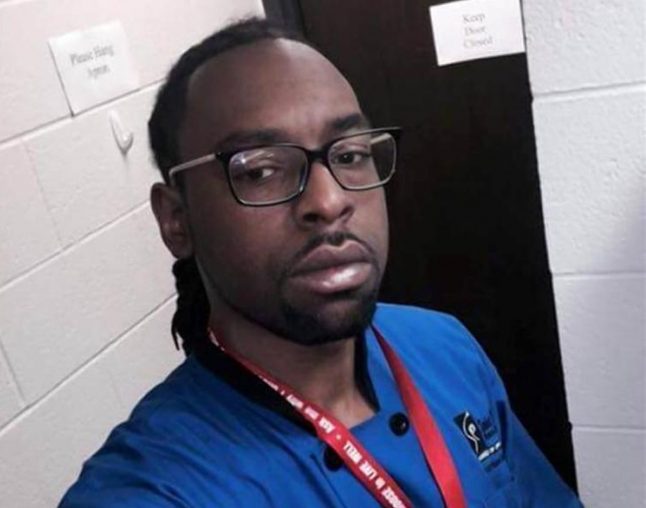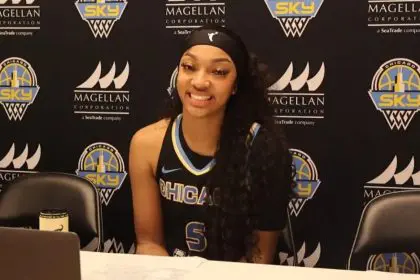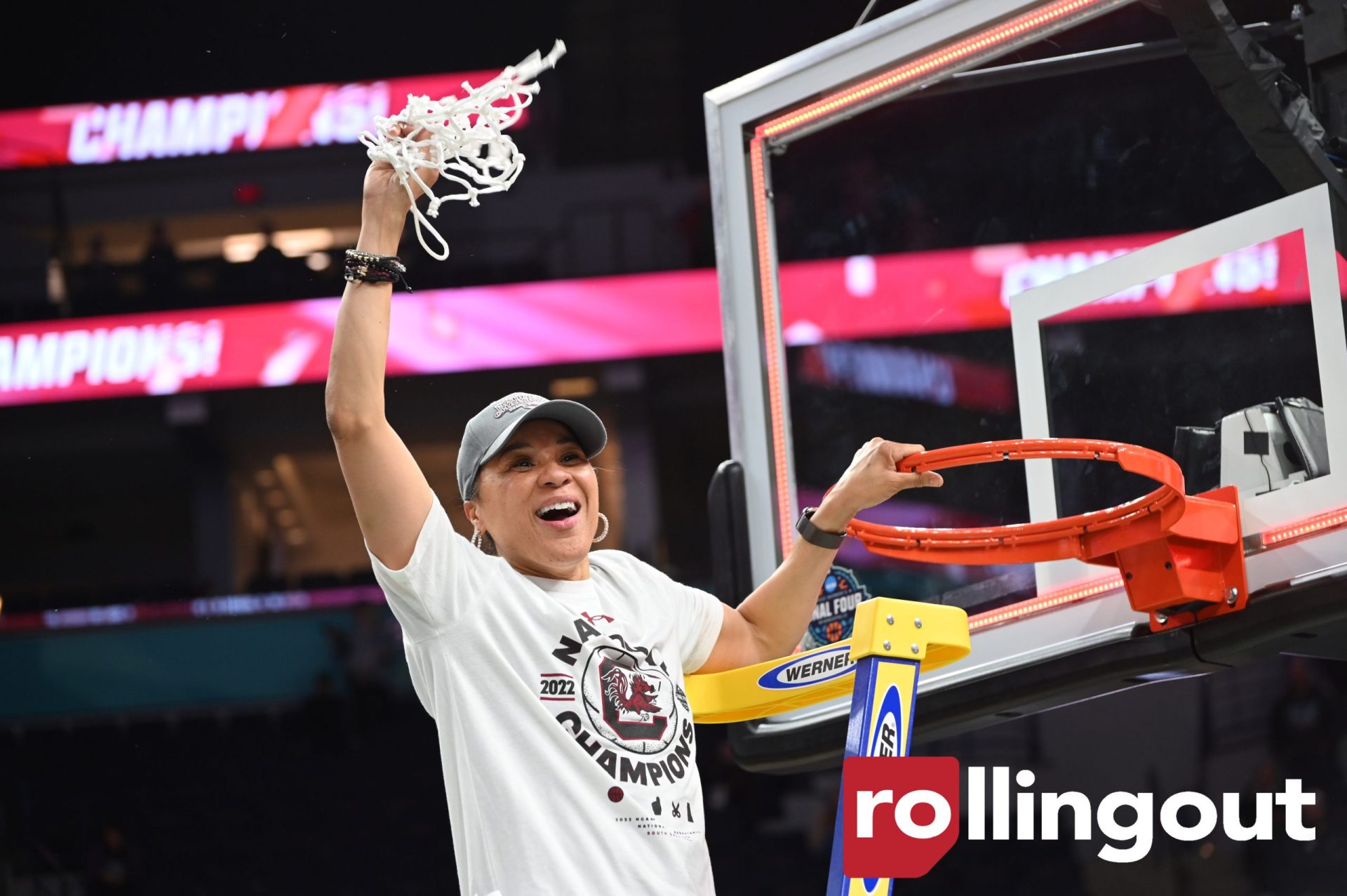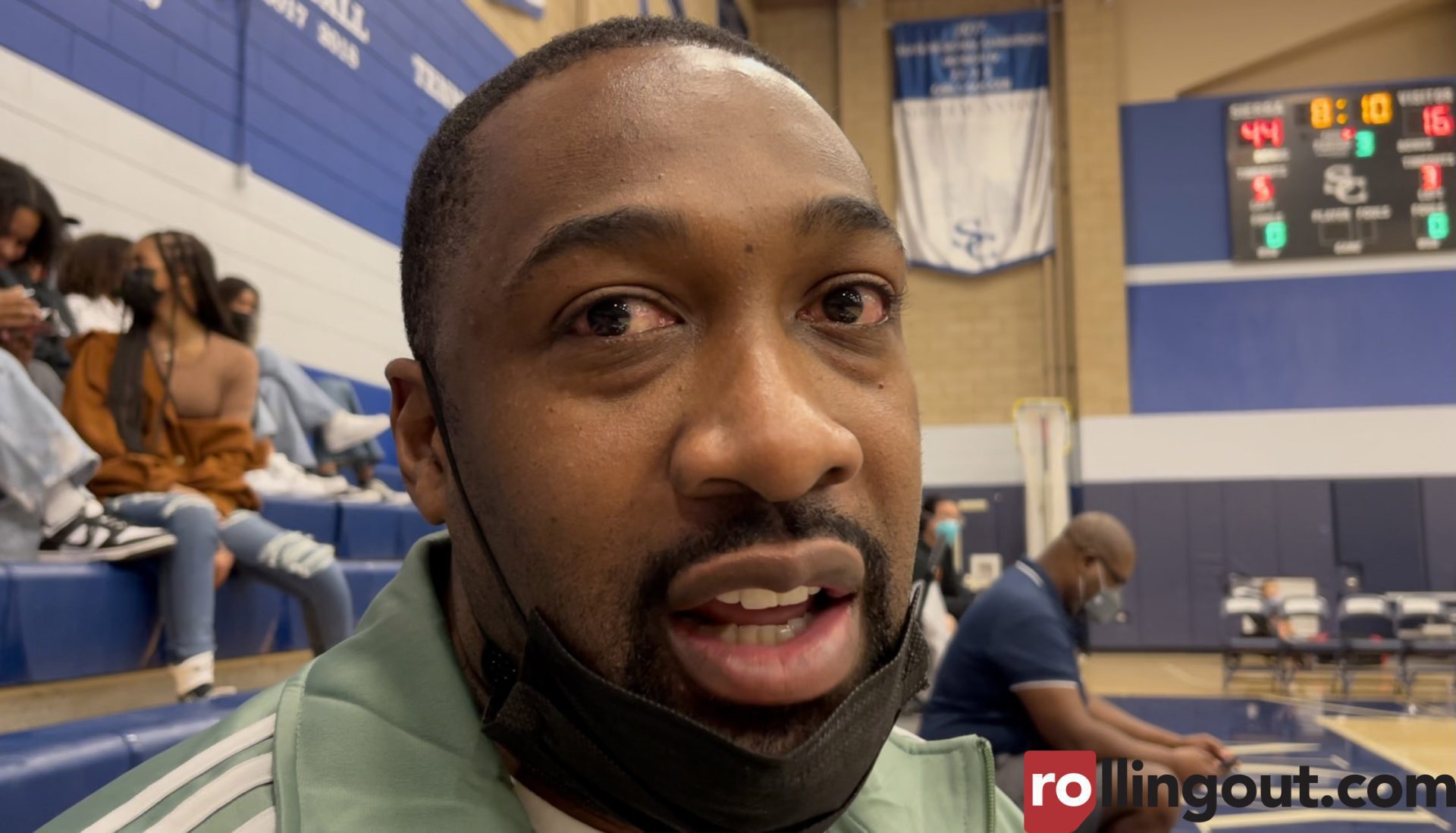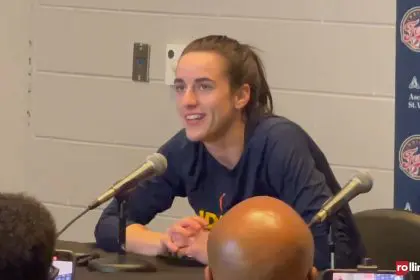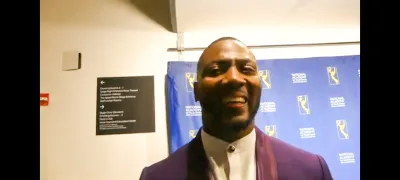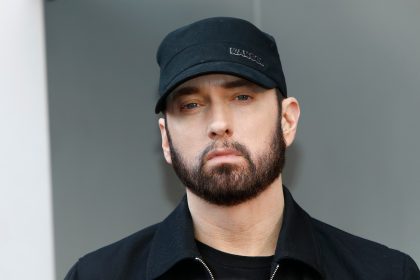For us mere mortals, the concept of retirement in your 30s is beyond comprehension, but for high-performing professional athletes, it’s an inevitable conclusion to a career. What distinguishes WNBA star Swin Cash’s retirement from so many others is while she continues to receive well-deserved honors and accolades for her achievements on the basketball court, her recognition and profile are rapidly growing for her leadership and activism off the court. Until recently, Cash was the New York Liberty forward and a successful pro basketball player for 14 years with positions on the Detroit, Seattle, Chicago and Atlanta teams. Her career stat highlights include being a three-time WNBA champion, a two-time Olympic gold medal winner for Team USA, a four-time WNBA All-Star and two-time All-Star game MVP. But beyond the amazing career stats, she gets props for her “overall body of work” and “push for justice and reform.”
When I interviewed her, she was on her way to receive additional acknowledgments in Minnesota and shared how she continues to be astounded by the respect level from her peers in the WNBA and NBA. She never forgets the “humble beginnings” from whence she came and how she initially became interested in sports. “My mom is one of 12 and I have 75 first cousins and so that’s what we did growing up in the projects,” said Cash. Even though she experienced a growth spurt in middle school, which helped give her an edge in athletics, she says she was more of a creative person with interests in music, art, even doing some runway modeling in high school. For her photo shoot with rolling out, Cash embraced the opportunity to be creative. She said, “Anytime I get an opportunity to be creative and take pictures … it’s fun for me.”
Cash’s mom, Cynthia Cash-Smith, gave her permission at an early age to be different and be comfortable in her own skin. Embracing her borderline tomboy expressions, Cash always viewed herself as a leader even at an early age and carried that leadership platform throughout her career, becoming vice president of the WNBA’s union and creating her foundation Cash for Kids. She takes her platform as a role model seriously and uses every opportunity available to give back and advocate on behalf of women and girls, especially those who share backgrounds similar to hers.
For someone with such an accomplished résumé, I asked her what gives her motivation and we had a fangirl moment over Solange’s latest work, A Seat at the Table, and the messages of empowerment in the lyrics. “It allows me to enjoy music, have a social conscience, and be damn proud of it. I love her album,” said Cash.
Having a social conscience is an attribute she’s never shied away from. Cash received extra media attention over the summer for her demonstration of activism sparked by the weariness of seeing video after video of Black men being shot and killed by police on social media platforms. “It was a constant loop of watching Black men be murdered. We’ve seen it before, but not [like] this … the live Facebook stream with Philando Castile and Alton Sterling. For 48 hours, I had never felt so bottomed out,” recalled Cash. The impact was felt across the league, which is made up mostly of African American women. “I had girls in the WNBA reaching out to me. I’m up in the middle of the night with late-night phone calls just trying to comfort and give encouragement and speak life and word to other women,” she said. As the VP of the union, she had to address the issues in Minneapolis where the police federation president defended four officers’ decision to leave a Lynx game because players wore Black Lives Matter shirts. Knowing the move to take action would be a game-changer, Cash consulted with her mentors, agents, family, and trusted advisers to help counsel her around how she should respond in the context of having a level of celebrity that for some might give pause to taking a public stand and thus being open to scrutiny. In the end, the support of her network and her faith in God guided her path to picking up the mantle of the Black Lives Matter conversation across the WNBA. “Communication is critical,” said Cash. “When you can have a conversation and you have facts, and not only opinions, we can have a real conversation.”
She and the other participants did not escape backlash, including the threat of fines by the league, but for her, there were bigger issues at stake and someone had to toe the line. “There have to be a few at the front lines that are gonna take the hit in order for the ones behind you to march forward and I’m OK with that,” said Cash. With her own background study in communications as well as being married to branding and marketing executive Steve Canal, she pushed forward with an informed approach to continuing conversations across the league and in the communities where they live and work. For example, the team hosted town halls in Phoenix between the community and police to talk about frustrations and offer solutions.
As Cash contemplates post-retirement plans in the corporate or broadcasting spaces, she will continue doing “the real work that touches people.” Her goal should she enter the corporate space would be to continue creating safe spaces in the workplace for employees of different backgrounds to have real conversations and get to know each other better while breaking down silos.
During this break from the spotlight, she’s taking time to relax and press the reset button. Cash is like many of us who enjoy shopping as a way to unplug. She’s also become intrigued with finding out more about her family history and tracing her genealogy through DNA testing. As for working out post-retirement, Cash is taking a short break from intense workouts with a focus on Pilates, boxing and looking into leisure biking with her husband. She’s heard lots of great reviews about Soul Cycle and plans to take the plunge in the near future. Being off the court also gives Cash time to cook, spend time at home and develop new ideas to expand her foundation, Cash for Kids. After winning gold in the 2004 Olympics, she tore her ACL and suffered a bit of a depression. Her mother again encouraged her to “get up off your butt and go help someone else.” And with that motherly encouragement, she established the foundation in 2005 to help kids stay off the street with a youth basketball and soccer league based in Pittsburgh. The foundation also offers cultural trips two times a year for the kids to visit cities such as Washington, D.C. and New York to tour museums.
For her next project, Cash is contemplating writing a memoir after she’s lived life a bit more and potentially writing a children’s book to encourage kids who have similar backgrounds. If that memoir were turned into a movie, she would want Gabrielle Union to play her, because Gabby has a few hooping skills and is a phenomenal actress.
As for her legacy, Cash doesn’t want to be put in a box and just remembered for her athleticism. “I want to be known as someone who helped change the game, not just the game of basketball on the court, but how people view our game,” said Cash.
For her personal motto, she embraces the scripture, to whom much is given, much is required. She said, “I’m blessed. A small, skinny, bow-legged, slew-footed girl from Pennsylvania with all the odds against me and still able to stand on a podium and represent people all over the United States and win gold medals …” With one career in the sunset behind her, the dawn of a new boundless career begins.
Cash offered advice for future WNBA players, which can also be helpful for other women trying to level up:
Continue to grow the game globally and work on your craft.
Understand your place, purpose and platform.
Grow passion on and off the court.
Embrace being a role model.
[cigallery]




